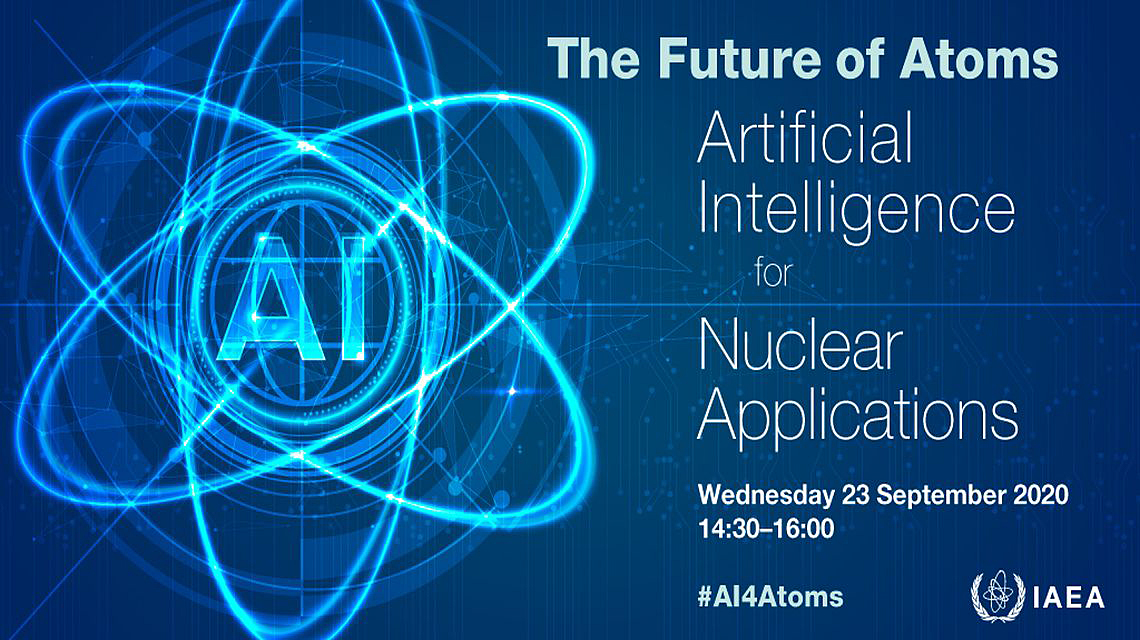Event
The Future of Atoms: Artificial Intelligence for Nuclear Applications
The side event will showcase the ways in which Artificial Intelligence-based approaches in nuclear science have the potential to advance cancer staging in nuclear medicine and cancer treatment through radiotherapy; accelerate progress in nuclear fusion research; as well as help protect the environment, in particular global water resources from overexploitation and contamination. It will also seek to envision future application of AI in nuclear science and possible collaborative and coordinated research that can be conducted under the stewardship of the IAEA.
Opening
Ms Najat Mokhtar, Deputy Director General, IAEA Department of Nuclear Sciences and Applications (NA)
Moderators
Ms Melissa Denecke, IAEA
Ms May Abdel-Wahab, IAEA
Speakers
14:45-15:00 AI in Health Care: Support for Diagnosis and Treatment of Disease
Mr Jan Seuntjens, Professor, McGill University, Canada
Jan Seuntjens will highlight the potential of AI for supporting physicians in the diagnosis and treatment of cancer through better image interpretation, improved treatment plans and contouring as well as allowing efficient adaptive radiotherapy. The generation and analysis of big data can be aided by AI for rapid analysis and interpretation to allow action and improve effectiveness and efficiency of medical processes.
15:00-15:15 AI for Large-scale Mapping of Hydrological and Environmental Processes
Mr Clement Bataille, Assistant Professor, Ottawa University, Canada
Clement Bataille will talk about the potential of AI for using big data in isotope geochemistry with implications for managing environmental, hydrological and ecological resources. As isotope science is entering the big data realm thanks to global collection networks and repositories (e.g., IAEA), using AI is becoming critical to obtain interpretable results and enhance our understanding of environmental/hydrological processes. This emerging field is full of potential to solve large-scale issues ranging from groundwater sustainability to atmospheric pollution.
15:15-15:30 Advancing Fusion Research with AI
Mr David Humphreys, Principal Scientist, General Atomics, USA
David Humphreys will highlight the potential of AI for enabling prediction and control solutions necessary for sustained, safe, and efficient future fusion power plant operation, as well as the opportunities and associated needs in AI areas that would help address challenges in nuclear fusion research through targeted collaborations.
15:30-15:45 Ethical Aspects and Challenges of AI
Ms Emma Ruttkamp-Bloem, Professor, University of Pretoria, South Africa
Emma Ruttkamp-Bloem will discuss the ethical aspects and challenges of AI, the implications for education, and the role of AI in shaping human futures.

